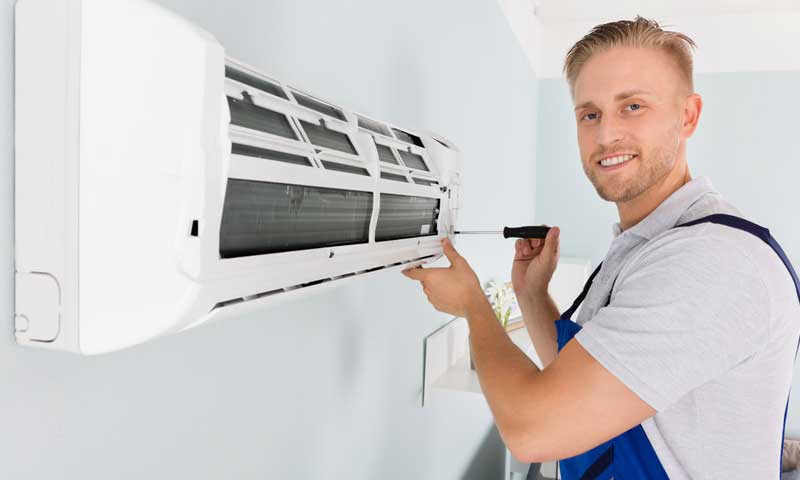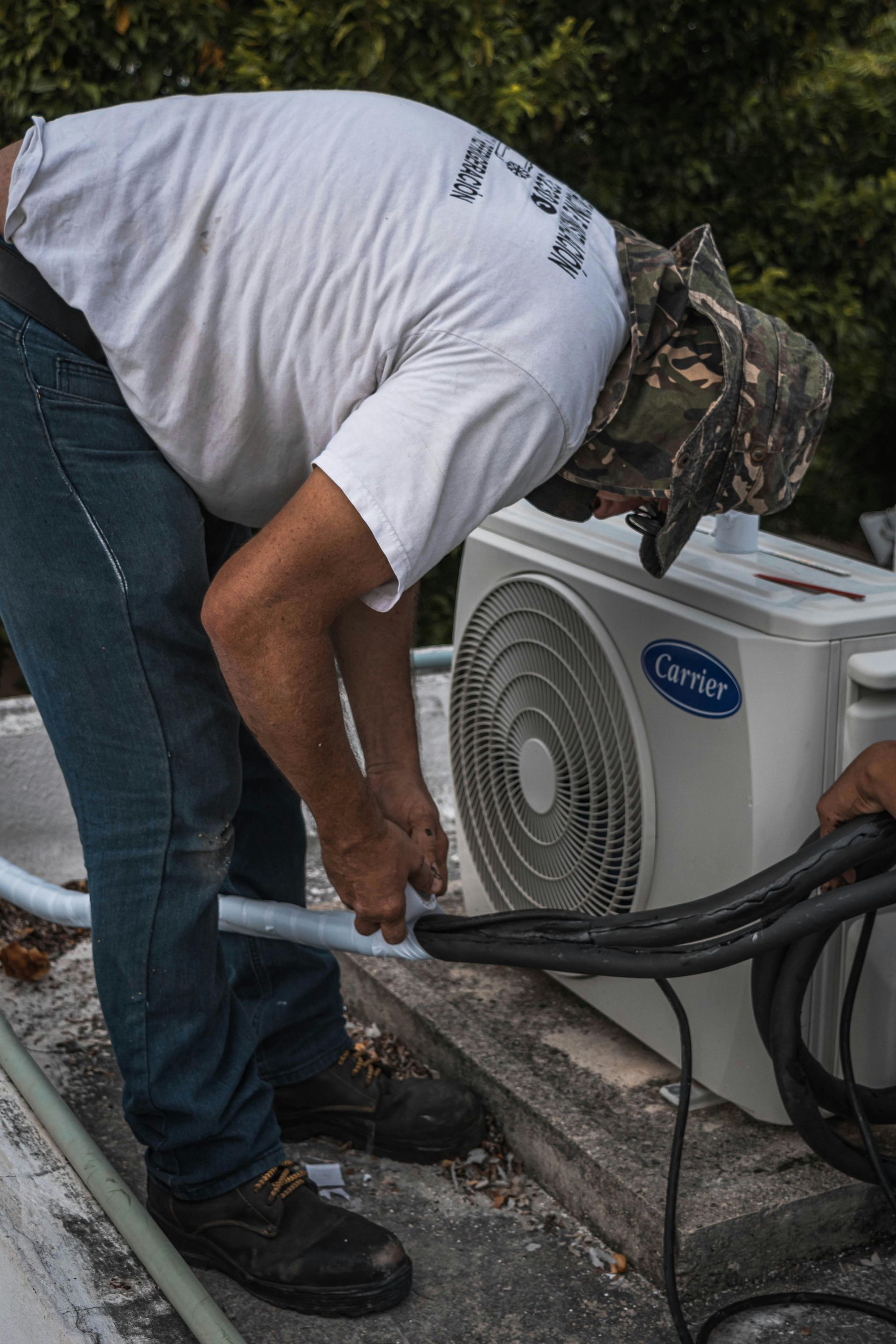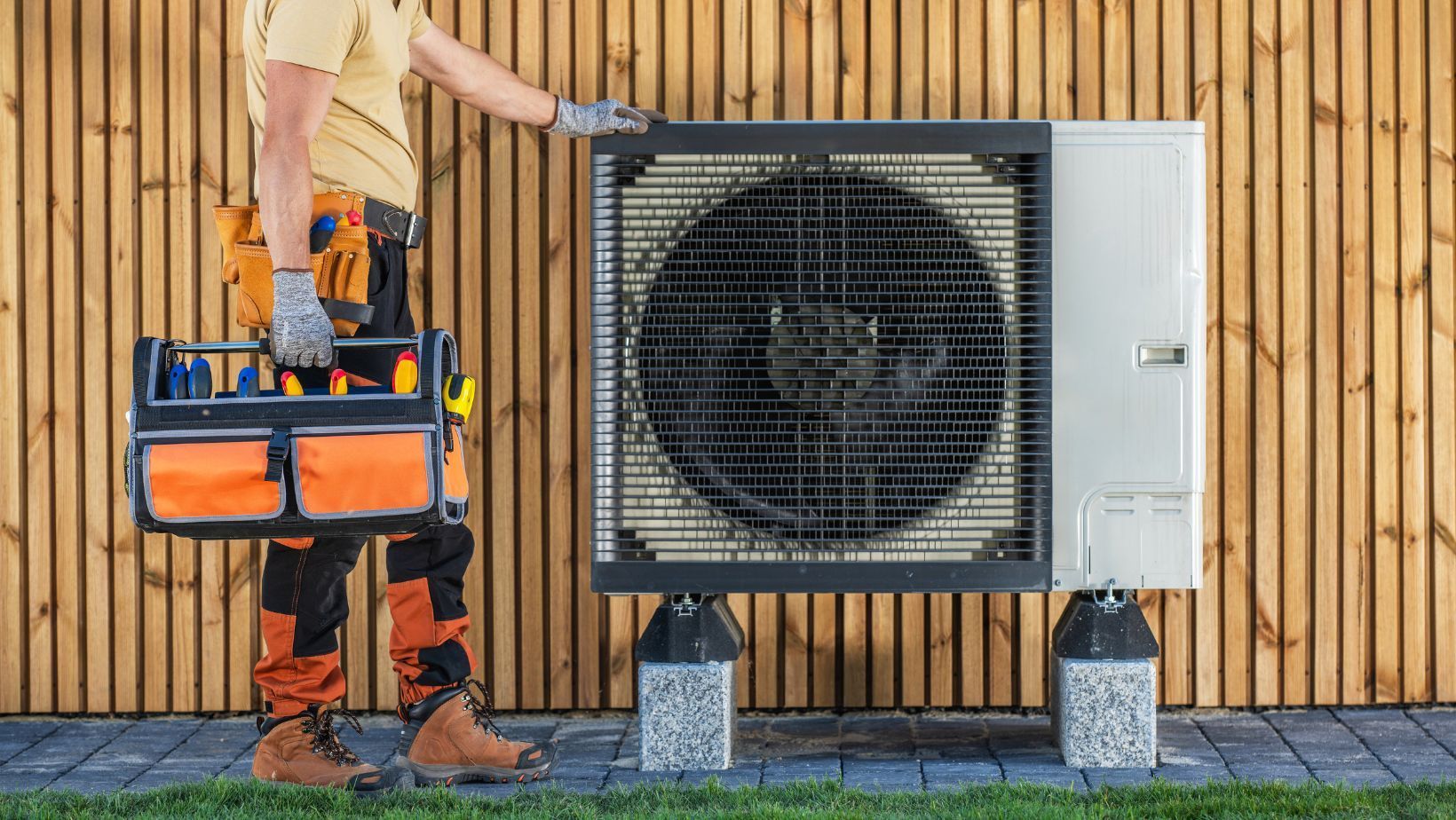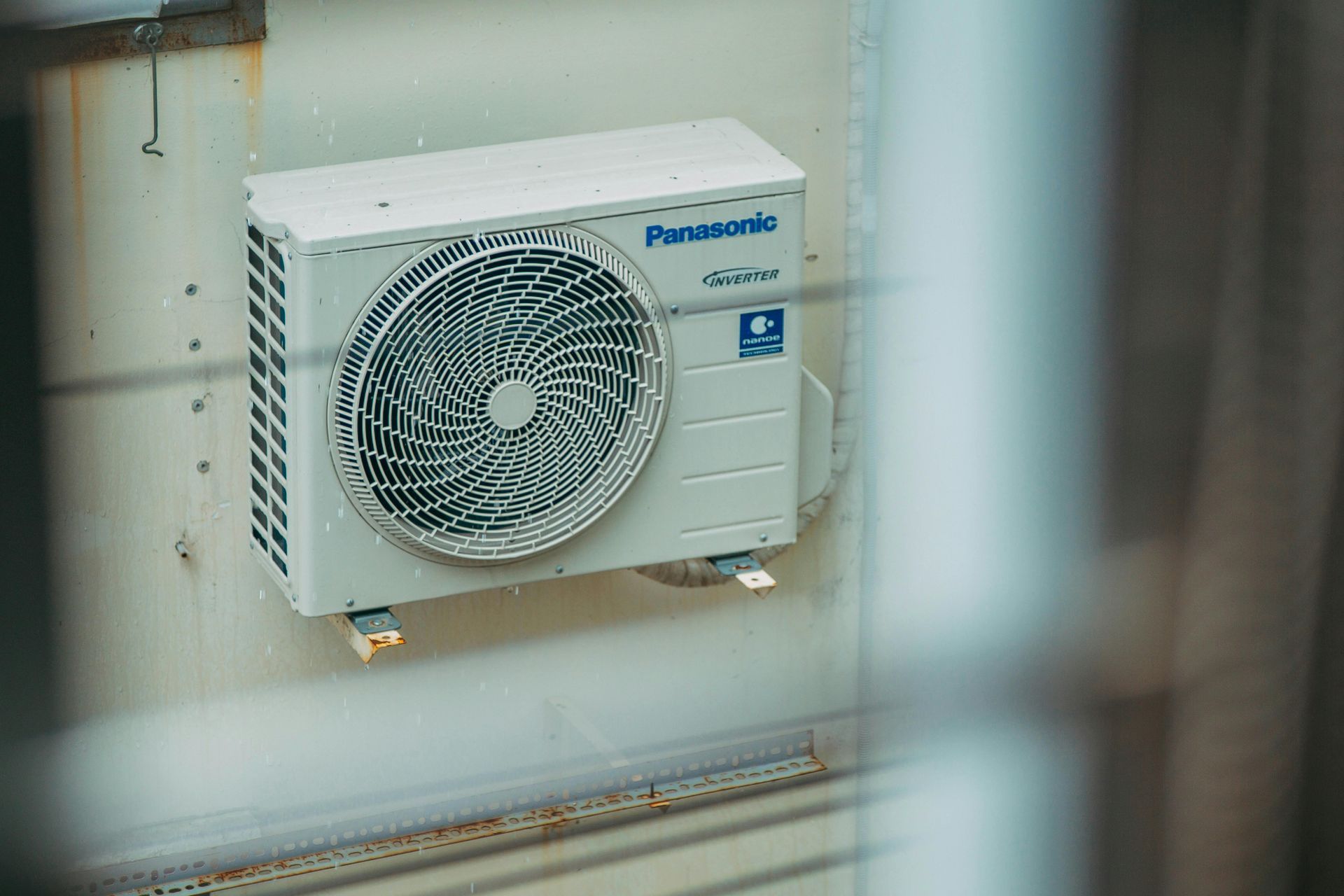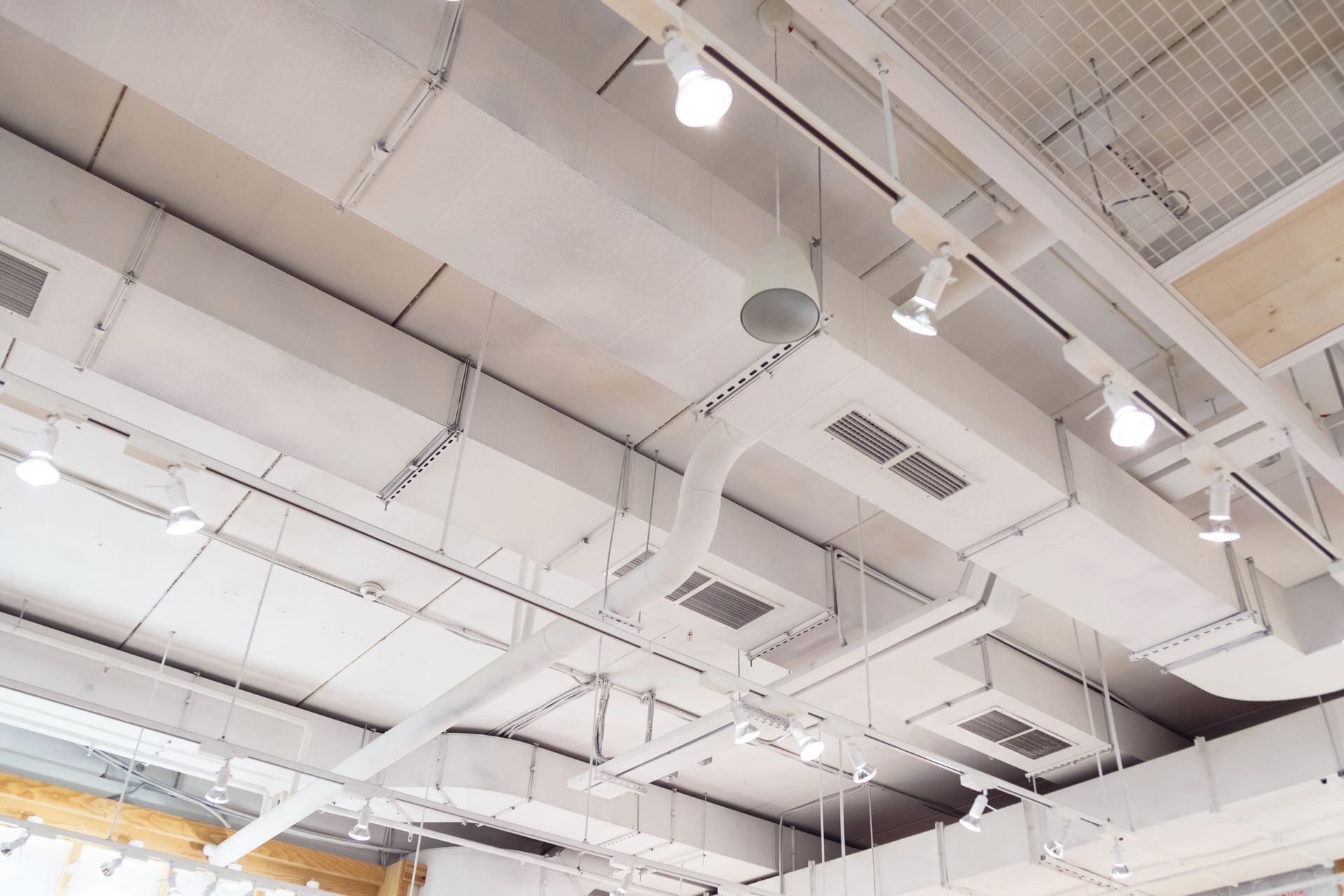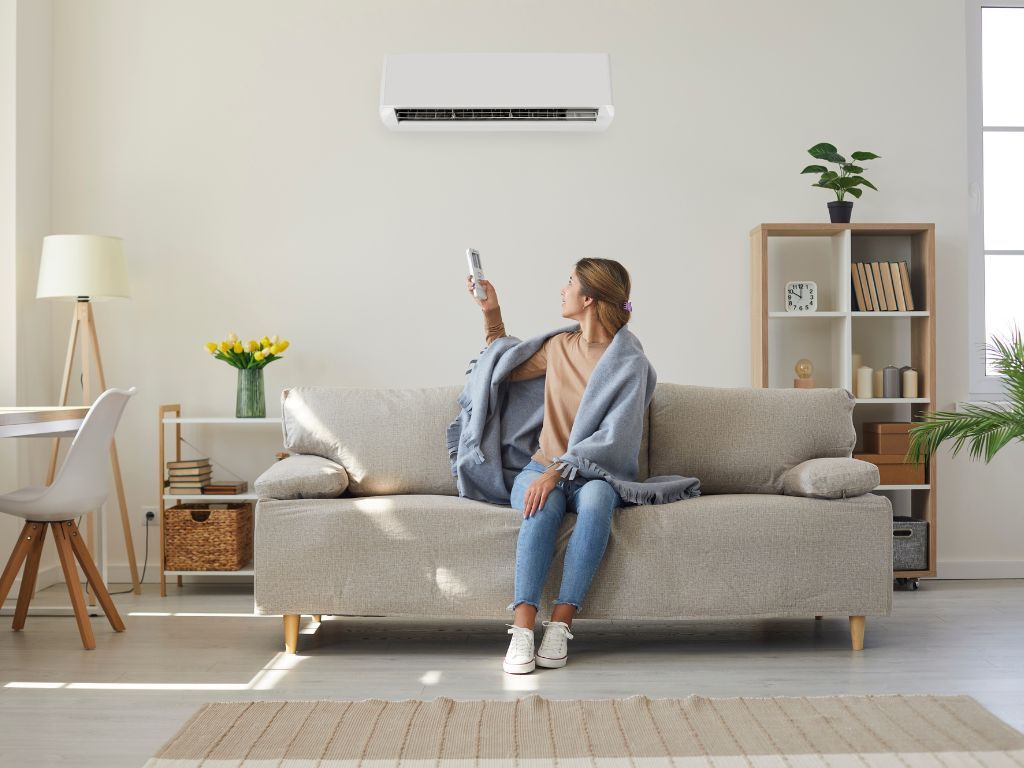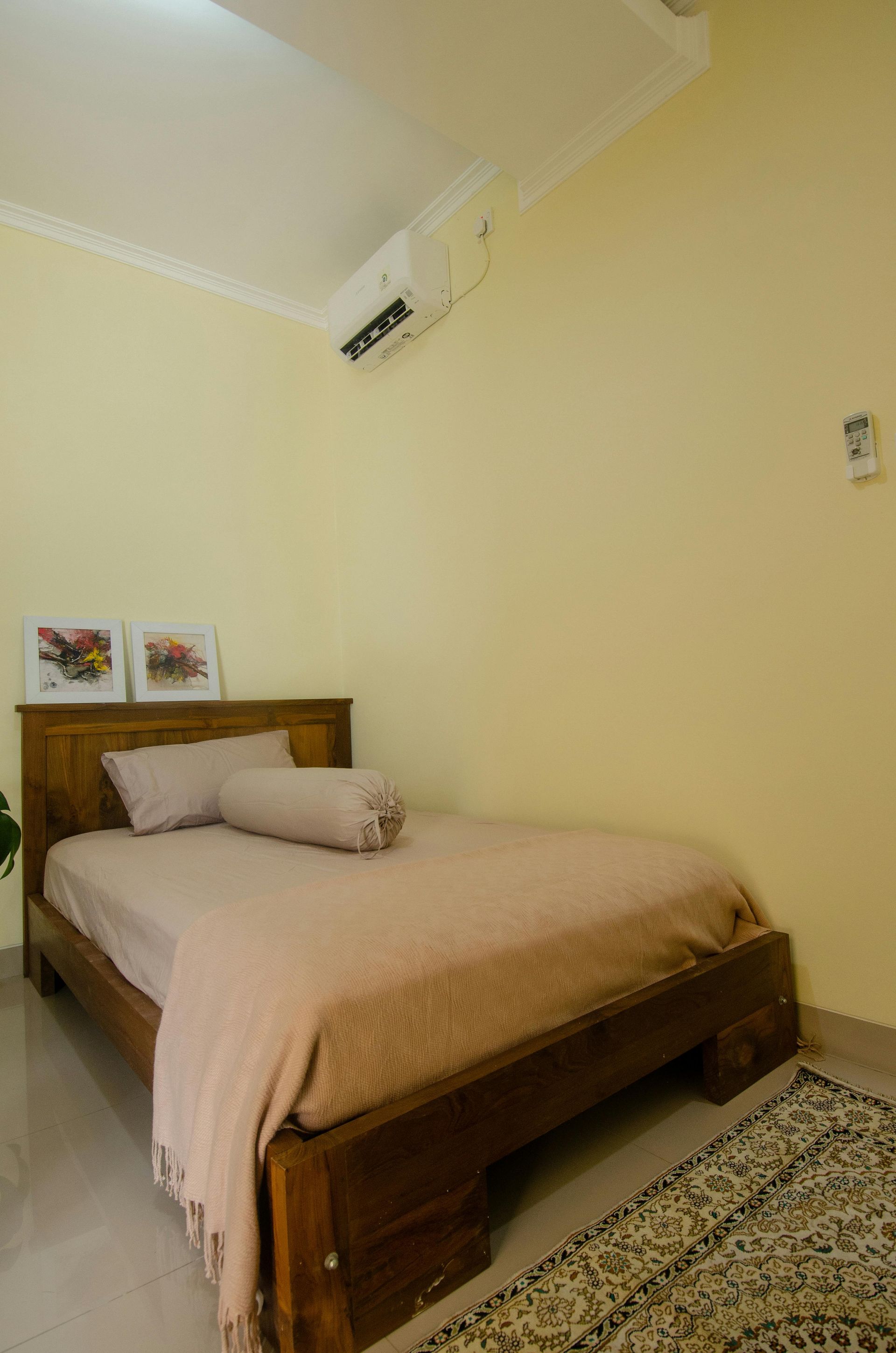Energy-Saving Tips After Window Air Conditioner Installation in London, Ontario
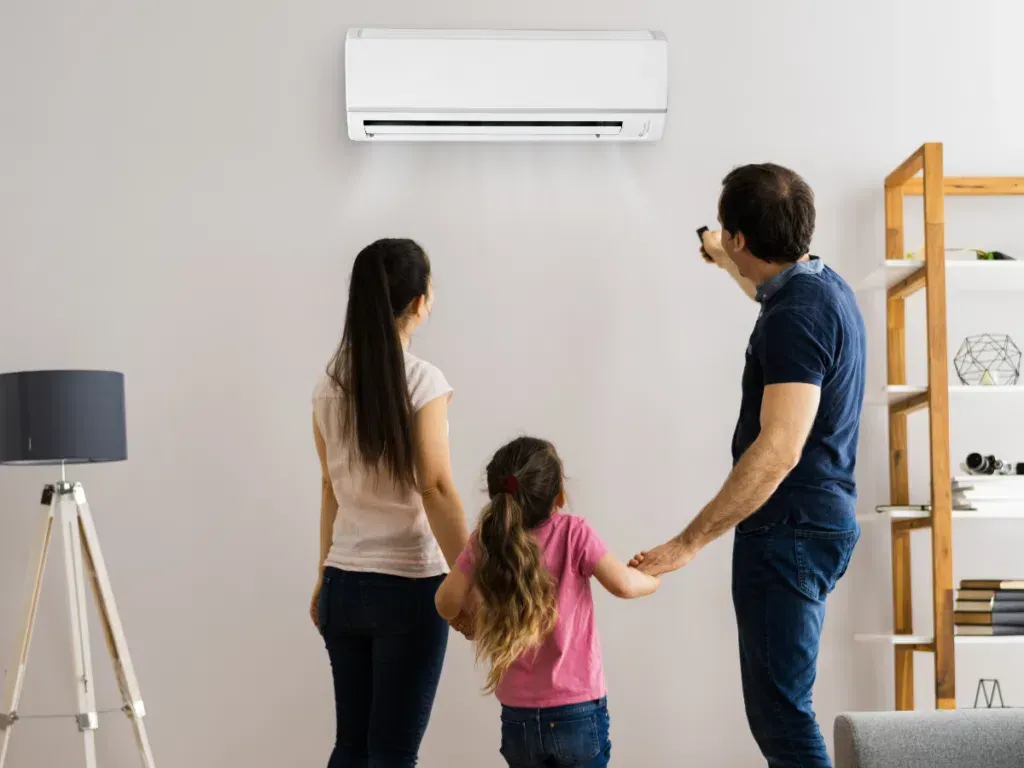
Installing a window air conditioner in London, Ontario, can significantly enhance indoor comfort during the warm months. However, without proper usage and maintenance, these units can lead to increased energy consumption and higher utility bills.
This guide provides practical energy-saving tips to maximize the efficiency of your window air conditioner, ensuring comfort without compromising on energy costs.
Key Takeaways
- Proper Sizing: Ensure your unit matches the room size for optimal efficiency.
- Regular Maintenance: Clean or replace filters monthly during peak usage.
- Smart Usage: Utilize programmable thermostats and energy-saving settings.
- Seal Leaks: Insulate around the unit to prevent air leaks.
- Supplementary Cooling: Use fans to circulate cool air and reduce AC load.
Overview
Window air conditioners are a popular choice for cooling individual rooms or small spaces. They are relatively easy to install and can be more cost-effective than central air systems for targeted cooling. However, their efficiency depends on factors such as correct sizing, proper installation, regular maintenance, and mindful usage. Implementing energy-saving strategies can lead to significant reductions in electricity consumption and costs.
Energy-Saving Tips
1. Select an Air Conditioner That Matches Your Room Size
Getting the correct size air conditioner is key to efficiency and comfort. A unit that’s too small won’t cool properly, while one that’s too large will short-cycle, leading to wasted energy and uneven temperatures. Measure your room’s square footage and use trusted BTU charts to determine the proper capacity. Oversized units may also remove less humidity, leaving rooms feeling sticky. Choosing the right size from the start helps your system operate efficiently and last longer—saving you money on energy bills and potential repairs down the line.
2. Prioritize Correct Installation for Efficiency
Proper window air conditioner installation isn’t just about positioning—it’s about sealing, stability, and safety. If installed loosely or without insulation, gaps around the unit will allow hot outdoor air to seep in and cool air to escape. Use high-density foam, weather stripping, or insulating panels to close gaps around the frame. A well-installed unit improves airflow and reduces strain on the system, helping it operate at peak performance. Skipping this step could lead to higher operating costs and shorter equipment lifespan, especially in high-humidity or high-heat environments like London, Ontario summers.
3. Commit to Routine Maintenance for Lasting Performance
One of the easiest ways to boost efficiency is through regular maintenance. During heavy use—especially in peak summer months—filters should be cleaned or changed every 30 days to prevent clogs and improve air quality. A clogged filter restricts airflow, forcing the unit to work harder and consume more electricity. Also, check and clean the evaporator and condenser coils at least once per season, and inspect the drainage system for any buildup. Regular upkeep reduces breakdowns, ensures even cooling, and helps extend the unit’s life while lowering long-term costs.
4. Use Programmable Thermostats
If your unit supports it, utilize programmable thermostats to set temperatures according to your schedule. Raising the temperature when you're away and lowering it when you're home can lead to substantial energy savings.
5. Adjust Temperature Settings for Energy Efficiency
Keep your thermostat at the highest temperature you find comfortable. Dropping the temperature too low increases energy usage significantly—by around 3–5% per degree. A small adjustment can mean big savings. Combine this with proper airflow and shading to maintain consistent cooling without overworking your unit.
6. Boost Home Insulation to Support Cooling
Strengthening your home's insulation helps maintain cooler indoor temperatures by preventing heat from entering and cold air from escaping. Sealing windows, doors, and attic spaces minimizes thermal transfer. This reduces how often your air conditioner runs, making your home more energy-efficient and lowering monthly utility expenses.
7. Maximize Fan Use to Reduce Cooling Costs
Strategically using ceiling or portable fans circulates cool air more effectively, allowing higher thermostat settings while still feeling comfortable. Fans consume less energy and help prevent hot spots in your home. This reduces strain on your air conditioner and contributes to consistent indoor comfort during summer months.
8. Limit Heat Sources
Avoid using heat-generating appliances like ovens or stoves during the hottest parts of the day. Use blinds or curtains to block direct sunlight, reducing indoor heat gain and easing the burden on your AC unit.
9. Schedule Regular Maintenance
Have your air conditioner inspected by professionals annually. Regular maintenance ensures the unit operates at peak efficiency and can identify potential issues before they become major problems.
10. Upgrade When Necessary
If your unit is over 10 years old, consider upgrading to a newer, energy-efficient model. Modern units consume less energy and offer better cooling performance, leading to long-term savings.
Window Air Conditioner Installation Made Easy for Homeowners
For expert window air conditioner installation and maintenance services in London, Ontario, trust Carver Sheet Metal. Our experienced team ensures your unit is installed correctly and operates efficiently, helping you stay cool while saving on energy costs. Visit us at 1245 Sunningdale Road E, London, ON, or call (519) 555-3821 to schedule a consultation.
FAQs
Q: How often should I clean my window air conditioner's filter?
A: Clean or replace the filter every month during periods of heavy use to maintain optimal airflow and efficiency.
Q: Can I install a window air conditioner myself?
A: While DIY installation is possible, professional installation ensures proper sealing and positioning, maximizing efficiency and performance.
Q: What is the ideal temperature setting for energy savings?
A: Setting your thermostat to around 25°C (77°F) balances comfort and energy efficiency.
Q: Do window air conditioners dehumidify the air?
A: Yes, they remove some moisture from the air, but in very humid conditions, a separate dehumidifier may be more effective.
Q: How long do window air conditioners typically last?
A: With proper maintenance, they can last between 8 to 10 years.
Conclusion
Implementing energy-saving practices after installing a window air conditioner in London, Ontario, can lead to significant reductions in energy consumption and costs. By choosing the right unit, ensuring proper installation, maintaining it regularly, and adopting smart usage habits, you can enjoy a comfortable indoor environment without the burden of high energy bills.
For professional assistance and expert advice, reach out to Carver Sheet Metal.
